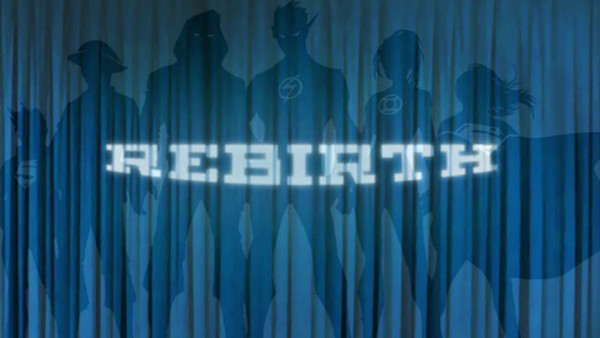5 Bad Habits Superhero Comics Should Break
2. Bold, New Directions

One of the great joys of reading comics of yesteryear was the feeling that there was a long history to these characters. Most people have not been reading superheroes since Action Comics #1 debuted in 1938, so practically every single fan has jumped on at some point since then. You would start reading with Uncanny X-Men #197 or Detective Comics #480. Tiny boxes in the corners of panels from editorial would inform you which issue past events that characters were referencing took place. (E.g., “Green Lantern fought The Puppeteer way back in GL #1!”) It made you feel that there was a whole universe out there and you were just skimming the surface, but with a little time and dedication you could come to understand things more fully.
Lately, the big two, especially Marvel, relaunch their books so often that within the span of three or four years you might have one title with two or three #1s. The school of thought is that new readers are scared away by the high issue numbers - no word on why this wasn’t a problem for the preceding sixty years - so a new first issue is like a beacon that offers a new jumping on point. The problem is these first issues are anything but; they are only pretending to be fresh starts when usually they are being renumbered randomly, sometimes in the middle of a story arc, just to appeal to speculators who’ve heard about first issues being worth a lot, due to the scarcity of #1s from the Golden and Silver Ages of comics (roughly from the thirties up until the early seventies). Books will run for twelve issues and then renumber after some line wide event that may or may not have rebooted the entire universe. Did it? Better buy the new books to find out!
The truth is that writers feel limited by all of the history associated with these characters. They are the ones who dread continuity. They hate being told by fans that something they’ve written is invalidated by a story released thirty or forty years ago. They are the ones who hate the history. For the past few years, Marvel has been saying they will move to a “seasonal model,” borrowing the concept of TV seasons. The idea is that we can expect a run that lasts about a year (12 issues), with two story arcs of six issues each, and then there will be a relaunch with a new creative team. This is hardly the seasonal model that TV uses. It’s as if every new season of Breaking Bad had a new showrunner, cast and crew, and said the first episode was the new Pilot/Series Premiere. The appeal of Breaking Bad was its long, continuous narrative that built on what had come before in a satisfying way which is exactly what Marvel will be moving away from with this seasonal approach.
Marvel and DC don’t care about continuous storytelling because they don’t need it. They want short term benefits, which leads to…